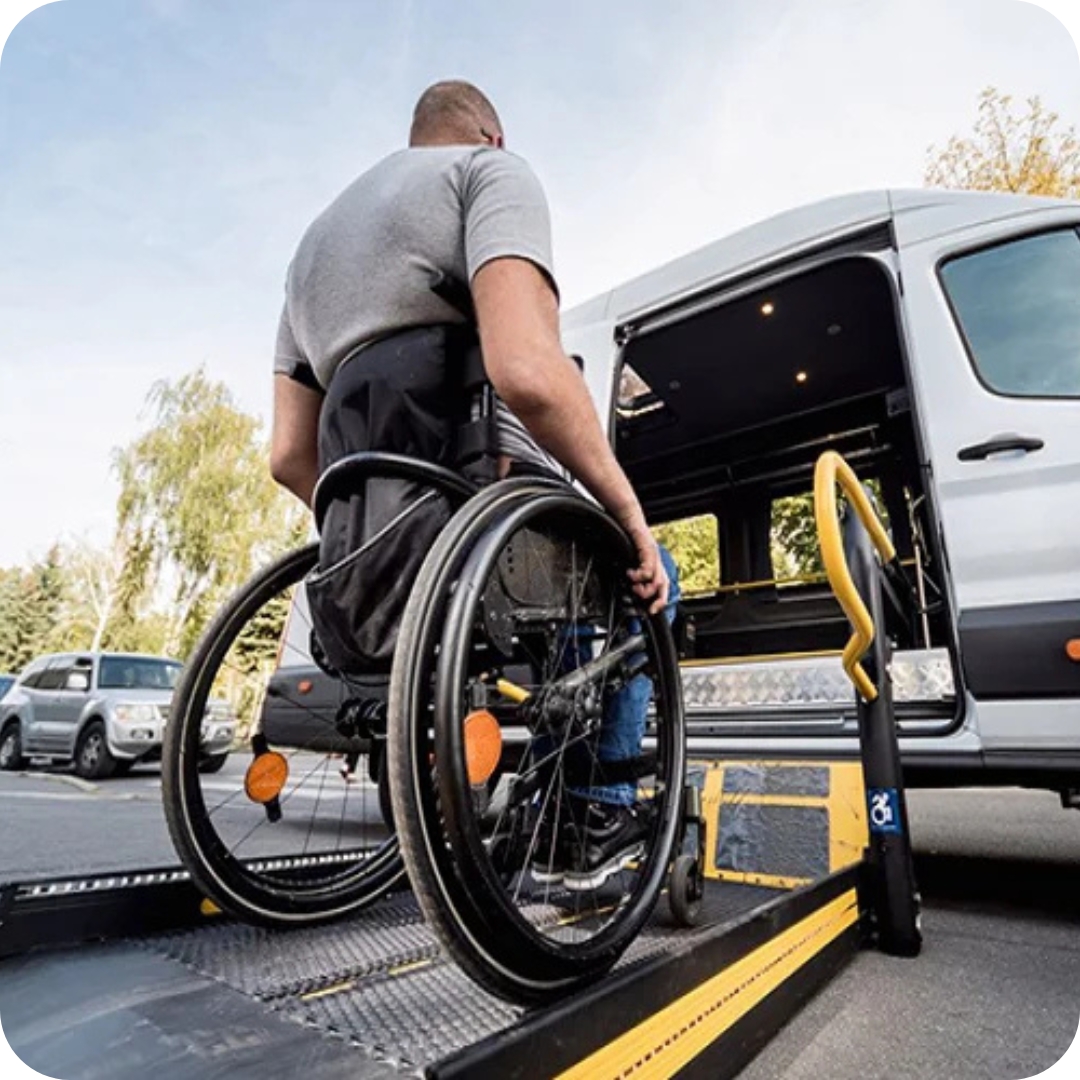Assist-Travel or Assist-Transport refers to services, tools, or technologies designed to help individuals plan, manage, or facilitate travel or transportation. These services can range from physical assistance for individuals with mobility challenges to digital solutions that enhance the travel experience.
Key Areas of Assist-Travel/Transport:

- Airport or Station Services: Providing help for passengers with reduced mobility or special needs, such as wheelchair services, priority boarding, or guidance through large transit hubs.
- Personal Assistance: Professionals or volunteers who assist travelers during their journey, especially for elderly, disabled, or first-time travelers.
- Adapted Transport: Vehicles equipped with ramps, lifts, or other accessibility features for people with mobility challenges.
- Travel Planning Tools: Apps or websites that assist in organizing itineraries, booking tickets, and finding accessible routes or accommodations.
- Real-Time Assistance: GPS-based apps that guide travelers through public transport systems, highlight accessible paths, or provide live updates on delays or disruptions.
- Translation and Communication Apps: Tools to help overcome language barriers or provide instant translation of signs and conversations.
Specialized Transport Services:

- Services designed for specific needs, such as:
- Medical transport (e.g., for non-emergency medical appointments).
- Accessible taxis or rideshares.
- Shuttle services tailored for events, tours, or specific communities.
- Infrastructure and Design
Accessibility features in transportation infrastructure, such as
- Tactile paths, elevators, audio announcements, or visual displays for the hearing impaired.
- Inclusive urban planning to ensure public transport, sidewalks, and roads
- accommodate everyone.
- Customer Support and Education
- Training staff to assist passengers with diverse needs effectively.
- Providing clear information through websites, signage, and customer service channels to support independent travel.
